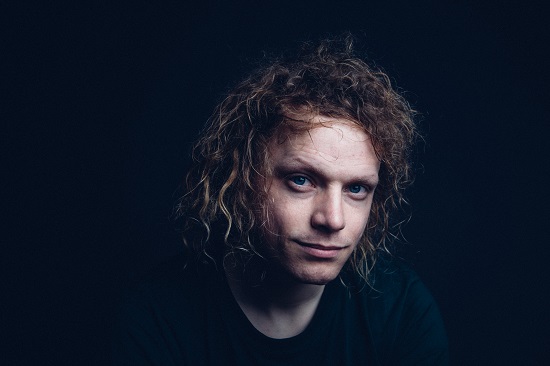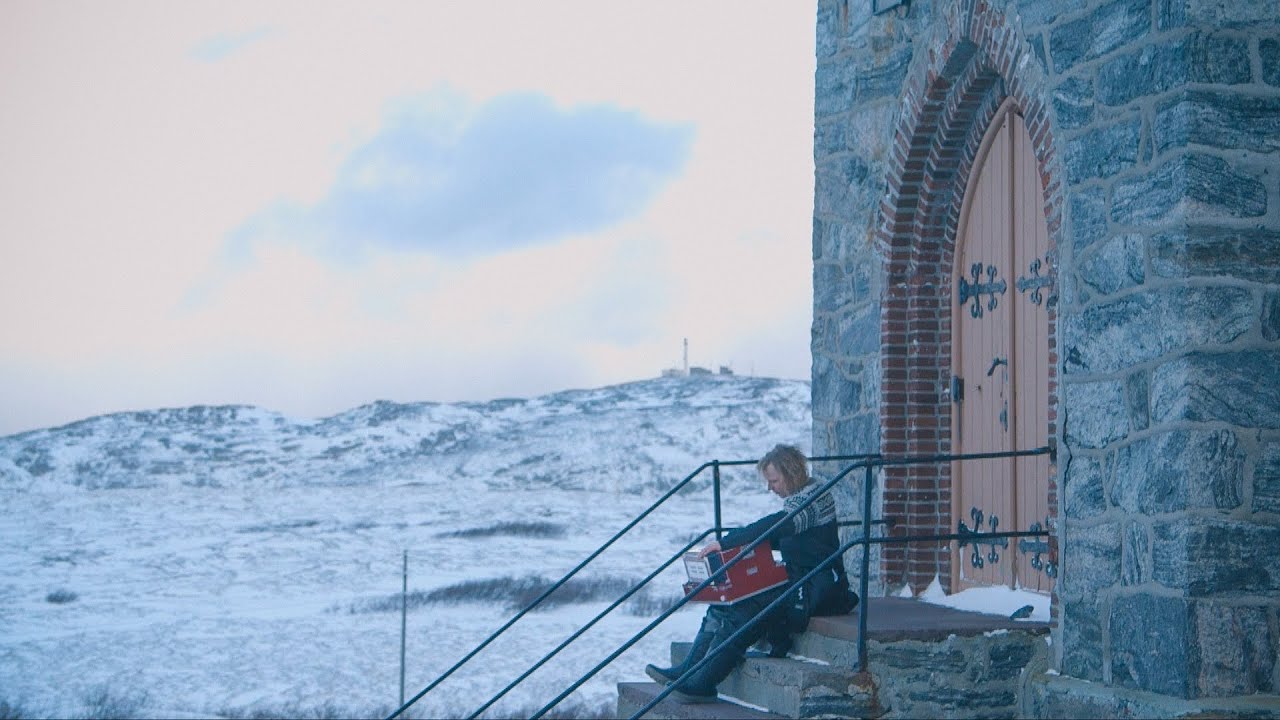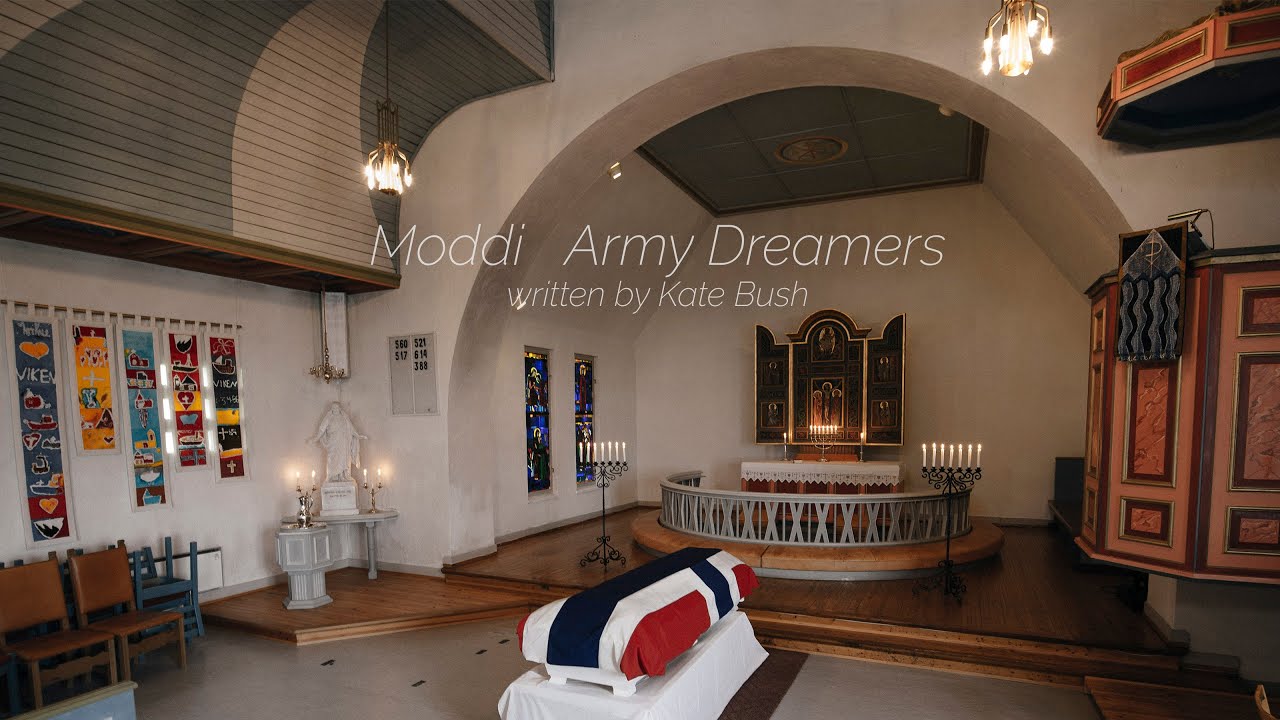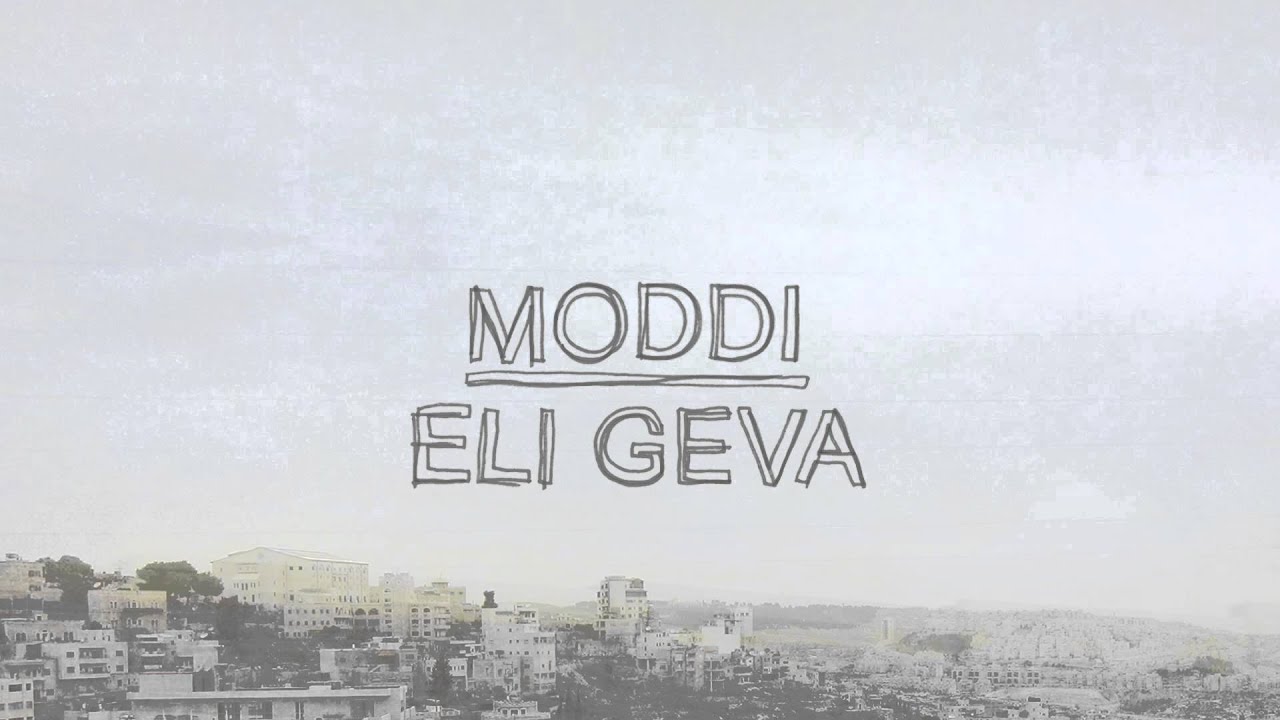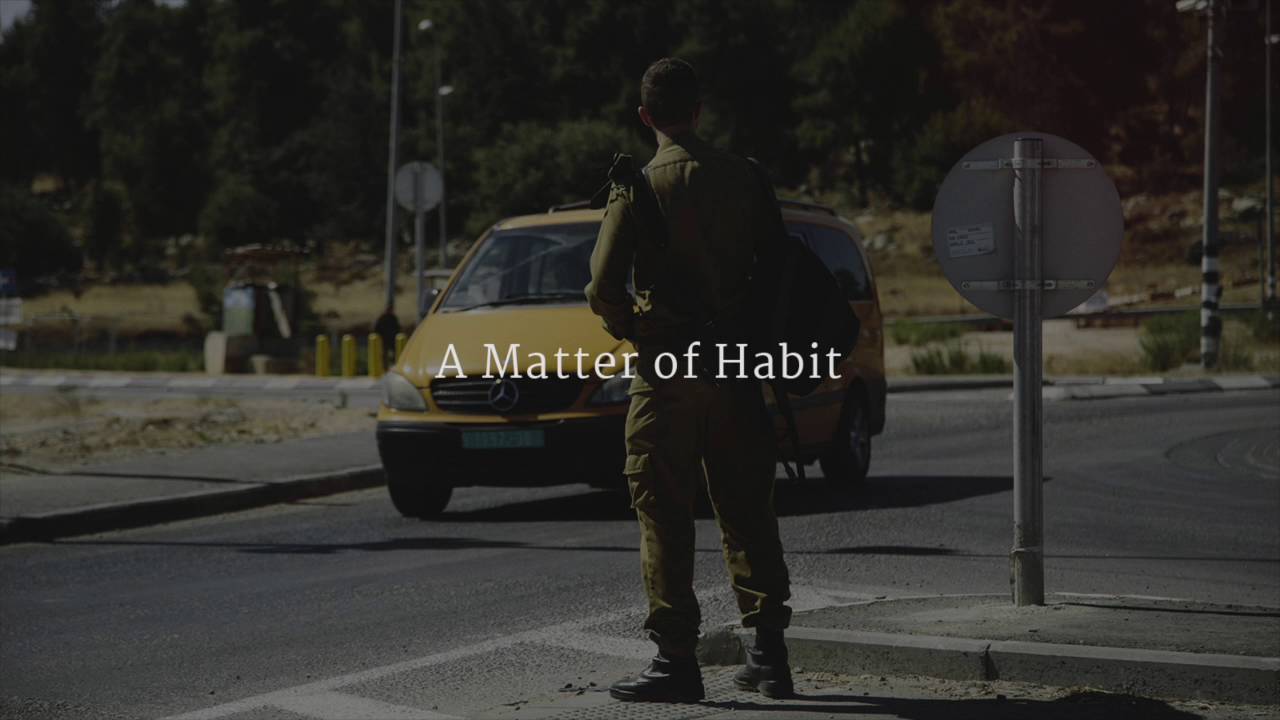Moddi portraits by Jorgen Nordby
In July, online magazine Slate asked whether 2016 is really shaping up to be ”the worst year in history”, a phrase that was being thrown around with increasing abandon following that month’s terrorist attack in Nice. Certainly – irrelevant of the numerous cultural icons that have left us over the past nine months – there are many reasons to consider it an especially disastrous epoch: the war in Syria; the refugee crisis and the largely inhumane, incompetent treatment of these tragically stateless people; Brexit and its subsequent, shocking divisions; police violence in the US; an attempted coup d’état in Turkey, and the ensuing clampdown; the shooting in Orlando; the rise of right wing extremists; the ludicrous American election campaign… The list goes on and on and on.
Indeed, a poll at the end of the Slate story currently ranks 2016 as humanity’s fourth worst year, behind 72,000 BC (the super-eruption of a volcano on Sumatra that nearly wiped out mankind), 1348 (The Black Death) and 1943 (when the Holocaust was well-advanced). One might put this down to the relentless sharing of bad news via social media that seems to have cast a heavy shadow over the year, but it’s still a clear indictment of the world in which we currently live.
So at times like these – especially given the lack of charismatic, clear-headed leaders above reproach across the globe – you’d imagine that artists would help fill the void, at least providing a voice to concentrate our thoughts or around which to rally. But there seem to be few, if any, musicians willing to stand up and be counted. On his fourth album, however, North Norway’s Pål Moddi Knutsen – a man often pictured in Aran sweaters, who happily admits that his records to date “have been of the introvert kind, perhaps even self-absorbed” – confronts this idea with a dozen covers of songs that have, in one way or another, been banned at some stage somewhere around the world. It’s a brave, thought-provoking, musically adventurous project with far reaching ramifications. One wonders why no one’s done it before.
From ‘A Punk Prayer’, which led to Pussy Riot’s arrest and imprisonment in 2012, to ‘Army Dreamers’, which found Kate Bush included on a list of blacklisted songs during the first Gulf War in 1991; from Los Tucanes De Tijuana’s, drug ballad ‘Parrot, Rooster And Goat’, to ‘Eli Geva’, a song about an Israeli soldier who rejected the order to enter Beirut during 1982’s Lebanon War – and which provided Moddi’s original inspiration after Norwegian singer Birgitte Grimstad told him how she’d been forbidden by her country’s ambassador to Israel to perform it in the country – these twelve songs have all been deemed too controversial or threatening for the general public. And yet, as Moddi sings on ‘A Matter Of Habit’, “Learning to fear is a matter of habit/ The more you have done it/ The better you’re at it.” Unsongs acts as both a salute to those who have been brave enough to share their beliefs in the past as well as an admonishment to those who have failed – and continue to fail – to do so. It’s long overdue.
What motivated your decision to make this album of ‘banned’ songs?
Moddi: The starting point for the album was actually pure curiosity and an interest in what makes a song banned. Unsongs is an attempt to answer that question in twelve different ways.
Was your decision in any way influenced by the fact that we seem to be living in times in which principles seem to be increasingly rare? Do you think that the West – or perhaps even humanity in general – has lost its moral compass?
M: Quite the contrary, actually! These twelve songs prove that a song can still be powerful, even in 2016. I’m not saying that the tracks on Unsongs represent the music of the times that we live in. They obviously don’t. But they have inspired me tremendously, and may hopefully show other musicians as well that the broken link between music and politics can be repaired.
It’s peculiar how difficult it has been to find modern songs from western culture that could fit into this album. I mean, there are thousands of songs that have been banned here. After 9/11, for example, songs containing the words “fire” or “airplane” were removed from all Clear Channel-owned media. Parental advisory stickers make it difficult to distribute music in the US. The BBC has its watershed policy. The Eurovision Song Contest is by definition apolitical – unless your song criticises Russia, of course. But to be honest, it was very difficult to find something from the West. A-ha’s ‘Hunting High And Low’, for example, was blacklisted on the BBC in 1990, just like ‘Army Dreamers’ was, but that doesn’t necessarily make it into an interesting song.
I made this album because the songs on it made me feel that music could have more to it. In times where most music feels very disconnected from the world, these songs tackle the harsh reality head-on, and for that they are banned. However, it is not so much their principles that are controversial, but rather the fact that they draw the listeners’ attention to certain topics – the Tiananmen massacre, corruption within the Russian Orthodox Church, the sorrow of a mother who has lost her son in war – that are too sensitive for authorities to allow them. The songs remember, reveal, involve and accuse. And they name real people, real places, dates and numbers. So I believe it is not so much their principles as much as their pragmatism which makes them controversial.
I was struck when I heard your cover of ‘Punk Prayer’ for the first time. It was so peaceful in comparison to Pussy Riot’s that I struggled to reconcile the two versions. However, I felt it was enlightening to hear one in which I was fully able to understand the lyrics and see that the song was far more considered than its legendary performance might have suggested. It made me wonder whether the song would have had a greater or lesser response had yours been the version that was performed inside that church. Does higher volume make a protest more powerful and less volume make something easier to ignore? Is a quiet song more effective because it forces you to listen to what’s been said, whereas the message of a louder song gets lost in the noise?
M: When you add that much noise to a performance, you also allow it to be interpreted it in very different ways. Some people will focus on the story of the song, but most will only hear swearing and shouting, and see a warlike show in a place which is holy to them. I read about a survey – I think it was Jeffrey Tayler who wrote an article about the song – ¬that said that the majority of Russians considered Pussy Riot’s stunt to be an act of religious hatred, rather than criticism against the close ties between the President and the Patriarch. So yes, in many ways their message was lost in all the noise. On the other hand, Pussy Riot chose a format that would make sure they would be heard. A silent protest would have failed, or perhaps even led to harsh punishment without much interest from the world around. So they chose a form that would be noticed. Who can blame them for that?
I was actually quite surprised when I started looking at the lyrics for ‘Punk Prayer’. Given its brutal style, I did not expect the lyrics to be so well written and thought through. But the more I understood of it, the more I realised that this was not only a protest, it was brilliant art as well. So I decided I would try to strip away the layers that made me sceptical in the first place, and focus on the desperate beauty Pussy Riot have conceived in this song.
Of course, when reinterpreting their song, I was in a completely different position than Pussy Riot. First of all, their song was already known because of their famous stunt. Secondly, I live in a country where songs such as ‘Punk Prayer’ are significantly more welcome both inside and outside churches. So I was in a position where I could convey their message without the same amount of pandemonium. I was happy to hear that many of my listeners got the same “awakening” as me when they heard the song. And best of all, I know that a lot of them have already turned to the original and started listening to other Pussy Riot songs.
For British people, it might be a shock to learn that ‘Army Dreamers’ was banned, if not until 1990. Given that you’ve admitted it’s “impossible for me to verify that it has even been removed from radio airplay,” why did you choose the song when there are others that have suffered more extreme censorship?
M: I believe it is dangerous to think that the more extreme forms of censorship are more worthy of our attention. If we put all our effort into looking for the splinter in Turkey or China’s eye, we may fail to recognise the plank in our own. I included ‘Army Dreamers’ on the album for two reasons: first, because it is incredibly relevant in that it describes how the citizens of the West deal with our own countries’ modern warfare: close our eyes, pretend that it is good versus bad, and that war is a necessary evil. So it says something important about our society, both in 1980 and in 2016.
Secondly, because I believe that although Kate Bush was never killed or imprisoned, the censoring of ‘Army Dreamers’ does make it seem as if political music doesn’t exist. So it tells us something about what kind of music makes the top today. And that again may help to explain why you haven’t heard any songs protesting against the bombing of Libya and Syria. It’s as if political songs have been dismissed as music and moved over to the political realm. We released this single in June, and the Norwegian state broadcaster NRK said straight out that the song was not cosy enough to be played in their summer shows. Then it is no wonder that people believe that protest music is dead.
Do you think music is any less likely to be banned these days? Or do authorities still see it as potentially threatening?
M: Put it this way, there were never any difficulties with finding music that had been banned quite recently: Pussy Riot in 2012, Viet Khang and Izhar Ashdot the same year. And yes, I believe it is symptomatic. It seems to me that writers, journalists, artists and academics alike are facing more difficult conditions around the world than ten years ago. Turkey, Russia and Northern Africa are of course worrisome examples.
However, to be honest, I am equally afraid of what is happening here in the West. In a way, the link between art and politics is about to snap. Music and politics, it seems, are increasingly considered to be separate domains. Music is about making peace, not conflict, they say. And, therefore, it is best to do what is considered normal and uncontroversial. Increasingly, accepting the status quo is a precondition for being considered entertainment, while protest culture is grouped alongside politics.
This, I believe, has caused political art to have less impact on the great masses. If politically infused music is denied airplay, music reviews or festival stage time because it is considered “politics” rather than “art”, then there will be no music left to ban. It will never reach the surface anyway, not to the larger audience. So yes, I believe that there is a high degree of censorship in the west too, most importantly in the form of self-censorship among musicians themselves. This is why what you hear on the radio is – increasingly often – pure and toothless entertainment. Almost by definition, there’s nothing left in pop music worth banning.
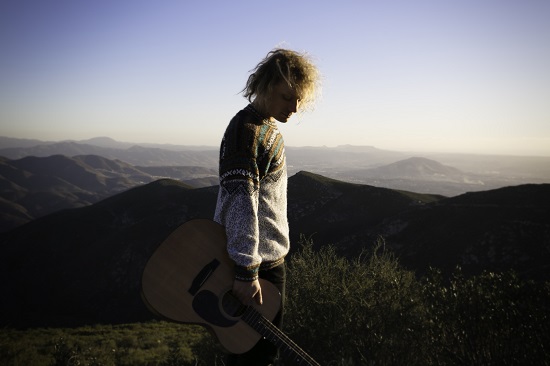
Had you ever thought about doing something like this before then, and how long did it take you to gather potential songs, then whittle the list down to the 12 you recorded? What were the qualities you were looking for?
M: I asked myself the question, “What causes a song to be banned?”, and went on to answer that question. I started studying up on internet forums, chat rooms and online articles, before looking through physical archives and stories that I could find in academia and history books. The greatest help however, came from my listeners, who through social media helped me locate, understand and translate the songs. Throughout the process of making the album there were almost 150 people involved in one way or another. It has been a real community project, one that could not have happened without the help of my own listeners from around the world.
The whittling down from 400 to 12 songs was perhaps the hardest part. First, I wanted to include songs that were relevant today, and that would make sense to my own, predominantly western, audience. Secondly, I wanted the project to expose different forms of censorship, from political murders to airplay bans. I wanted to show that censorship comes in very different shapes, and to choose songs that would reflect that. Third, I wanted to highlight the geographical, cultural and political omnipresence of censorship. Admittedly, twelve songs proved too few to do that properly – I could have made an album like this for each country on earth, it seems. However, the most important criterion of all was to choose songs that could have been banned again. A lot of music is censored for completely random reasons, like singing the word “aeroplane” after 9/11. That was not what I was looking for. Rather, I wanted to find songs that were willingly and purposefully silenced.
You are, it’s fair to say, a principled man by nature. In 2010, you turned down the opportunity to be nominated for Norway’s Statoil Award, a grant from the country’s oil and gas company that at the time would have made you €100,000 richer. Can you tell me a little more about why you did so?
M: First, it is important to get the story straight: I didn’t actually turn down the award. I did not even turn down the nomination for it, like other bands have before me. Rather, I simply did not answer the email asking if I would like to be considered for nomination. But apparently the most controversial thing a musician can do in Norway is not to want money. A few weeks afterwards, it was all over the news that a musician had asked not to be nominated. No one thought it was curious that exactly 99 bands had applied to be nominated. In my opinion, that calls for a more thorough consideration than my own. I simply did not want to have anything to do with Statoil.
The short answer is: I built my whole identity as a musician through writing songs that opposed the mounting pressure to open up oil fields in Northern Norway’s most productive and vulnerable fishery regions – such as my home place, Senja – and would therefore never fly the flag of any oil company that involves in lobbying for exploiting these areas.
The longer answer is that Statoil is deeply ingrained in Norwegian society, and plays a prominent role in a number of arenas that actually lie far beyond its mandate (of locating and extracting oil from Norwegian soil). A state-owned oil company should be acting in the interest of the sitting government, but through its whole history the Statoil board has been dominated by commercial interests. Rather than doing its job as a public enterprise, it is lobbying hard, pressuring politicians to open up for drilling in vulnerable regions. They invest billions of kroners in overseas dictatorships and, on top of all this, spend taxpayer money to promote itself as a “necessary” part of Norwegian society and a cornerstone of the Norwegian economy.
One of the ways they do this is to sponsor cultural events, talents and established artists with what – to Statoil – is pocket money. I respect and understand the musicians who have accepted such sponsorship, but at the same time believe that such a practice further hammers in the narrative that without the oil, Norway is nothing. I don’t believe in that story. First, only a few per cent of the state budget actually comes from the petroleum sector. There is an unwritten rule that no more than 4 per cent of annual oil fund revenue shall be made available for the state budget, so as to avoid overheating of the national economy and a “Dutch disease”-like situation developing. Secondly, Norway is much more than just oil. We have a rapidly growing fish sector, a high-tech metal and aluminium industry, abundant access to green hydropower with all the opportunities that provides, an educated workforce, and an incredibly potent welfare system where people are allowed to contribute with what they have and what they know. And if that is not enough, our potential has perhaps even been limited by the oil sector draining all the intellectual and creative talent.
To get back to your question, I did not answer the nomination request exactly because I didn’t want to give Statoil any attention. With their resources, they win anyway, and in this case, all PR is good PR. Even if media focus is on “detractors” like me, Statoil gets their story through – the story about how Norway’s incredibly rich cultural life is fuelled by the oil industry. They recoup tenfold the money that they spend on the Statoil grant when Norwegian newspapers write about those who refused to be nominated. No one cares about me. All people hear is about how much money Statoil pumps into Norwegian culture. Therefore, I have not done a single interview about the Statoil Award since 2010. Rather than talking about Statoil’s role in the cultural life, I want to focus on the fact that these people spend billions in taxpayer money every year to prolong the Norwegian oil age, delay the transition to a greener future, stir-fry the globe and at the same time make sure they can keep their own overpaid positions at the very top of the bureaucratic ladder. In everything they do, this is what they try to steer the conversation away from. I don’t want to help them do that.
Have you always been a principled man, and where do your principles come from?
M: I don’t consider myself very principled. As a travelling musician, you have to adapt and adjust to different contexts every day. It is always difficult to connect preach and practice. For instance, I fly more in a year than I had hoped to do in my whole life. I eat what people serve me, not what I think is right. I tried writing songs that were principled, but always ended up contradicting myself when trying to convert the principles into practice. In fact, these days I try not to be too principled, but rather be pragmatic. In order to interview a Vietnamese musician in prison I have to fly to Vietnam and thereby contribute to global warming. In order to fight the greedy oil industry, you I have to meet them on their home pitch, that is, to discuss the widely accepted premise that Norway is dependent on oil. There are trade-offs in everything we do in life, and I have accepted that if I would like to be principled – and just principled – my best call would be to sit at home and shut up, because nothing I preached would be connectable to the practice.
So perhaps this calls for a new genre, pragmatic folk pop? Music that doesn’t intend to save the world, but rather describe it as it is? Much of the music on Unsongs fits that label, anyway.
Did you take any liberties when it came to translating the songs? How did you reconcile this with your conscience?
M: When translating songs from cultures as different as Lebanon, Mexico and Vietnam, you have to allow for some artistic freedom. Some of the songs ended up quite close to the original, translated sentence for sentence and with the original melody intact. Others have had to be completely rearranged to make them accessible to a western audience, while the lyrics have had to be written from scratch. On the narcocorrido ‘Parrot, Goat and Rooster’, for example, I think you would have to be the songwriter Mario Quintero himself to recognise the similarities.
So in some cases I have changed the songs a whole lot, but as much as I have allowed myself to work creatively with them, I have really strived to keep the banned core of the lyrics. The most important thing has been to make sure that the forbidden element – the part of the song which caused it to be banned in the first place – is intact within my own versions. I wanted to make sure that the songs would still be bannable. In that way, I have attempted to make the songs accessible to a new audience without losing any their power.
The greatest challenge, however, came from the fact that in many of the cases there has been no original author that could guide me or verify the translations. Some are still imprisoned, some have been dead for a long time, while others have not been willing or able to contribute to the project for different reasons.
Especially in the case of Viet Khang, it was a tough call to include his song on the album. When we recorded it, he was still in prison in Vietnam, and it was not possible for us to get in touch with him. I recorded the song knowing that it could potentially cause trouble for him when he was released from prison. By some lucky chance, however, he was transferred to house arrest before we had expected it, and via SMS he was able to confirm that he wanted us to use the song and was honoured to be a part of the project.
There are also other instances where I have not been able to get in touch with the original songwriters, making it especially important for me to make sure I do not distort or change their message. I have had their songs translated by separate people into different languages to make sure no nuances were lost, and have finally gone through the texts word by word and compared them with the originals. I know it is questionable to release songs without the formal consent of the songwriters. On the other hand, if I am ever so lucky to be able to meet with them in the future, I want to be able to look them in the eyes and say I did everything within my capabilities to pass on their songs in a way that would make them proud. I know that I am merely borrowing their songs for this project.
Have their faced any political or social objections to the album to date, and do you anticipate repercussions, perhaps in your ability to tour the album? If so, what would your answer be?
M: I do not expect the album release to happen quietly. There are songs on the album that are still banned by law in China, Vietnam and Russia, and that are still very controversial in other parts of the world. It has been very difficult to find people that would help me rework songs from these countries. I have settled with the idea that it might not be easy to travel or perform in the future, but for a project such as this, I think it is worth it.
Besides, I am white, male, Norwegian and fairly resourceful. I am indeed among the least suppressed people on earth. If anyone can sing these songs without fear, it should be me. The risk I may be taking is nothing compared to those who wrote the songs in the first place. Their songs deserve to be heard. That is more important than my future career opportunities.
Moddi’s Unsongs is released by Propeller Recordings on September 16. He plays London St Giles In The Fields on October 3

